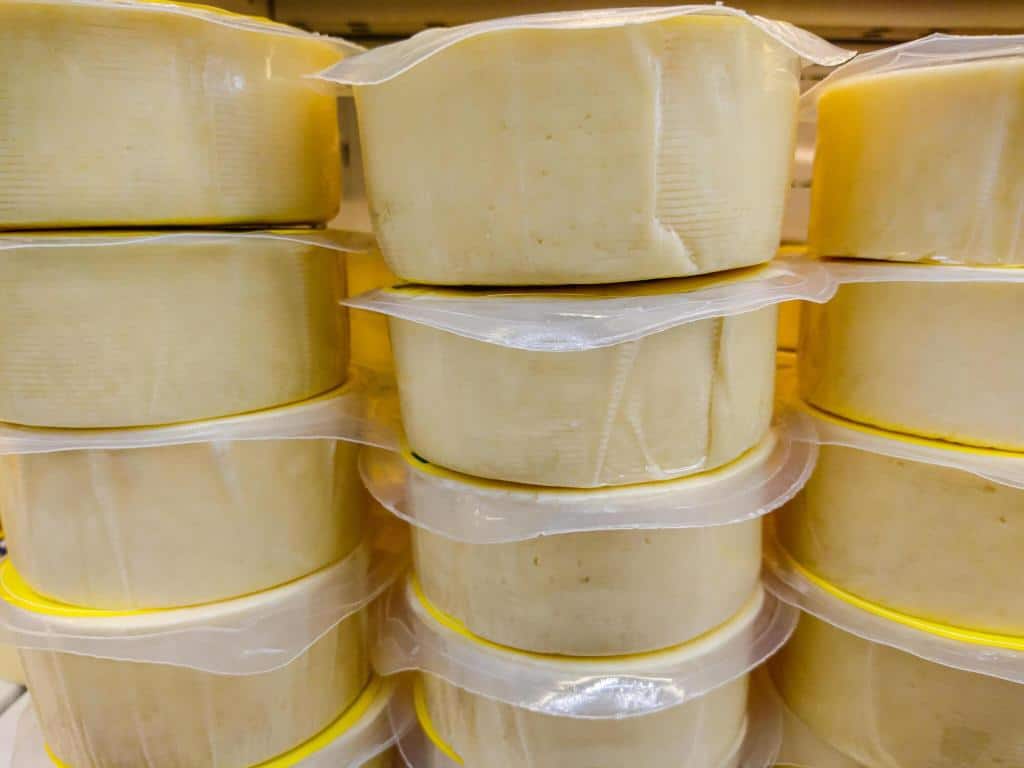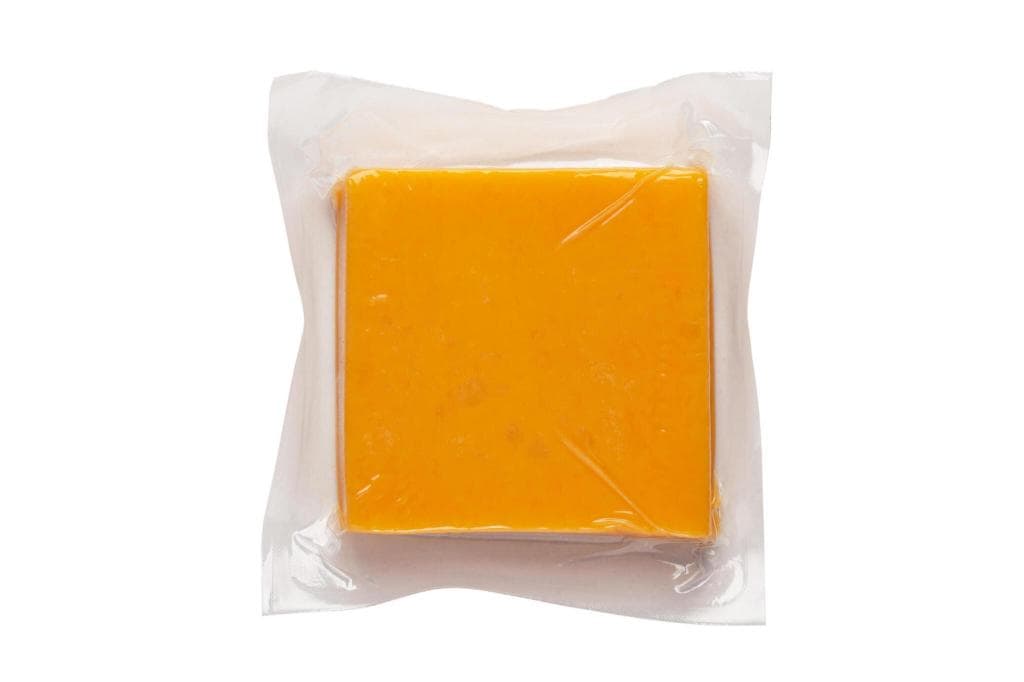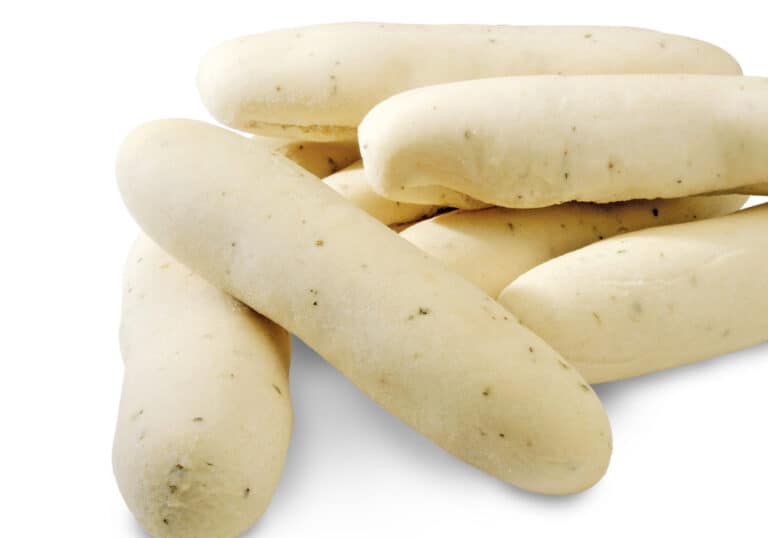Does Vacuum-Sealed Cheese Need to Be Refrigerated? Expert Review

Imagine the delightful aroma of a freshly baked baguette paired with a creamy slice of cheese, ready to tantalize your taste buds. Now, picture this. It’s a vacuum-sealed block of cheese in your pantry. It beckons you with promises of convenience and flavor.
But wait! Does this sealed dairy treasure need the cold of the fridge to stay fresh and tasty? In this expert review, we delve into the age-old question: Does vacuum-sealed cheese need to be refrigerated?
Prepare to learn the science behind preserving this beloved dairy treat. We will navigate through myths, facts, and expert opinions. So sit back, relax, and let’s embark on a journey to demystify the world of vacuum-sealed cheeses!
Does Vacuum-Sealed Cheese Need to Be Refrigerated?

Yes, vacuum-sealed cheese should be kept refrigerated to maintain its quality and safety. Hard cheeses like cheddar and Parmesan, and processed cheeses like Velveeta, can survive without refrigeration. But, keeping them in a cool place makes them last longer.
Refrigeration preserves the cheese’s texture, flavor, and freshness. If left unrefrigerated for too long, vacuum-sealed cheese can spoil or become contaminated. This can cause foodborne illnesses. Refrigeration helps slow down the growth of mold on cheese.
To maximize the shelf life of vacuum-sealed cheese, store it in the refrigerator at a temperature between 35°F and 40°F (1.7°C to 4.4°C). Proper storage ensures that the cheese remains safe to eat and maintains its quality for a longer period of time.
The Benefits To Vacuum-Sealing Cheese
Manufacturers provide numerous justifications for the use of vacuum packing. It is essential to keep cheese fresh and pure to preserve its flavor and texture.
Vacuum-packaging cheese meets all these requirements. But, we don’t know its extra benefits to cheese producers. Here are a few reasons why cheese makers should consider vacuum sealing for cheese packaging.
- While it is important to prevent food from decaying, the most effective method of protection is to keep the item’s flavor, appearance, and freshness intact for as long as possible. That is exactly what vacuum packing does.
- As previously mentioned, vacuum-sealed cheese has a shelf life of four to six months after it has been vacuum-packed. For companies, extending the shelf life of their goods is a no-brainer decision.
- Vacuum packaging is visually appealing because it allows the consumer to see the majority of the merchandise they are buying. Product packaging materials like foil, containers, and other types of packaging frequently conceal product characteristics. The client is more confident when the product is visible and securely wrapped.
- A vacuum seal not only improves the look of cheese but also protects it from dust and bugs, as well as moisture and other environmental contaminants that may cause it to deteriorate or be destroyed.
- Effective processing: When done correctly, vacuum sealing is a highly efficient and time-saving method for packaging and storing cheese.
- Convenient for Farms and Smaller Manufacturers – Vacuum sealers are tiny and compact enough to fit into smaller processing settings, such as a farm or small manufacturing facility.
When it comes to cheese packaging, vacuum sealing is a great choice. Its goal is to offer the best possible appearance and preservation for your vehicle. Converting from conventional to vacuum packaging is a simple process, but you should contact a reputable vacuum sealer manufacturer to ensure that you get the most suitable vacuum sealer for your particular packaging needs.
| Check out: How to Vacuum Seal Brussel Sprouts? |
Is It Safe to Consume Cheese That Has Not Been Refrigerated?
Leaving cheese out at room temperature for a short period, such as a few hours, is generally safe and won’t cause any harm. Cheese is a preserved food due to its low moisture content and high salt content, which help inhibit bacterial growth. Therefore, string cheese that has been left out for a few hours is still safe to eat.
However, leaving cheese unrefrigerated for an extended period, such as 5–6 days, can lead to potential food safety concerns. Parmesan and cheddar can last longer without refrigeration. But, softer cheeses spoil more quickly.
To ensure the safety and quality of cheese, it’s best to refrigerate it after opening and consume it within a reasonable time frame. If you’re unsure about the safety of cheese that has been left out for an extended period, it’s best to err on the side of caution and discard it.
Will the String Cheese Go Bad if I Leave It Out on the Counter Overnight?
Leaving string cheese out on the counter overnight can lead to spoilage and degradation in quality. Semi-soft cheeses, like string cheese, are more prone to bacterial growth and spoilage. This happens when they are not stored at the right temperature.
When cheese is left out for an extended period at room temperature, its flavor and texture can change significantly. It may become dry, rubbery, or develop a sour taste. Consuming cheese that has been left out for too long can increase the risk of foodborne illness.
| Related: Can You Eat Moldy Mozzarella Cheese? |
Should Cheese Sticks That Have Been Sealed Be Kept in the Fridge?
Yes, it’s generally recommended to store sealed cheese sticks in the refrigerator to maintain their freshness and quality. Cheese sticks can sit at room temperature for short periods, such as up to two hours in a well-sealed container. But, keeping them in the fridge helps them last longer.
Proper storage helps prevent the growth of bacteria and mold in shredded cheese. It can spoil the cheese sticks and lead to foodborne illnesses. Also, refrigeration preserves the texture and flavor of the cheese sticks. It ensures they stay enjoyable to eat.
If cheese sticks have been left out at room temperature for a long time or have been warmed, it’s best to throw them out. This will avoid the risk of foodborne illness. Always follow the storage instructions on the packaging and use your best judgment to ensure the safety of your food.
Is It Possible to Keep the Cheese at Room Temperature?
According to Sarah Hill, Manager of Cheese Education and Training at the Wisconsin Milk Marketing Board, cheese can be kept at room temperature for up to two hours. However, it’s important to note that this guideline applies to unopened cheese and should be followed to ensure food safety.
Cheese is a perishable food that can spoil if not stored properly. When left out at room temperature for a long time, bacteria can multiply quickly. This raises the risk of foodborne illness. Therefore, it’s best to store cheese in the refrigerator to maintain its freshness and quality.
| Also see: Best Cheeses for Classic Greek Saganaki |
Is It Possible for Cheese That Has Been Sealed to Go Bad?
Yes, it is possible for sealed cheese to go bad, even if it is unopened. Unopened cheddar cheese is safe to eat for about six months after opening. But you should watch for spoilage signs, regardless of the “sell-by” or “best-by” date.
Factors such as temperature, humidity, and storage conditions can affect the shelf life of cheese. If the cheese is exposed to air or moisture, it can develop mold or white stuff on the cheese, which can cause it to spoil. Additionally, cheese that has been stored improperly, such as at room temperature or in a humid environment, is more likely to spoil.
To ensure the safety and quality of sealed cheese, it is best to store it in the refrigerator at a temperature between 35°F and 40°F (1.7°C to 4.4°C). If you notice any signs of spoilage, like an off smell, odd texture, or mold, throw out the cheese. This will avoid the risk of foodborne illness.






